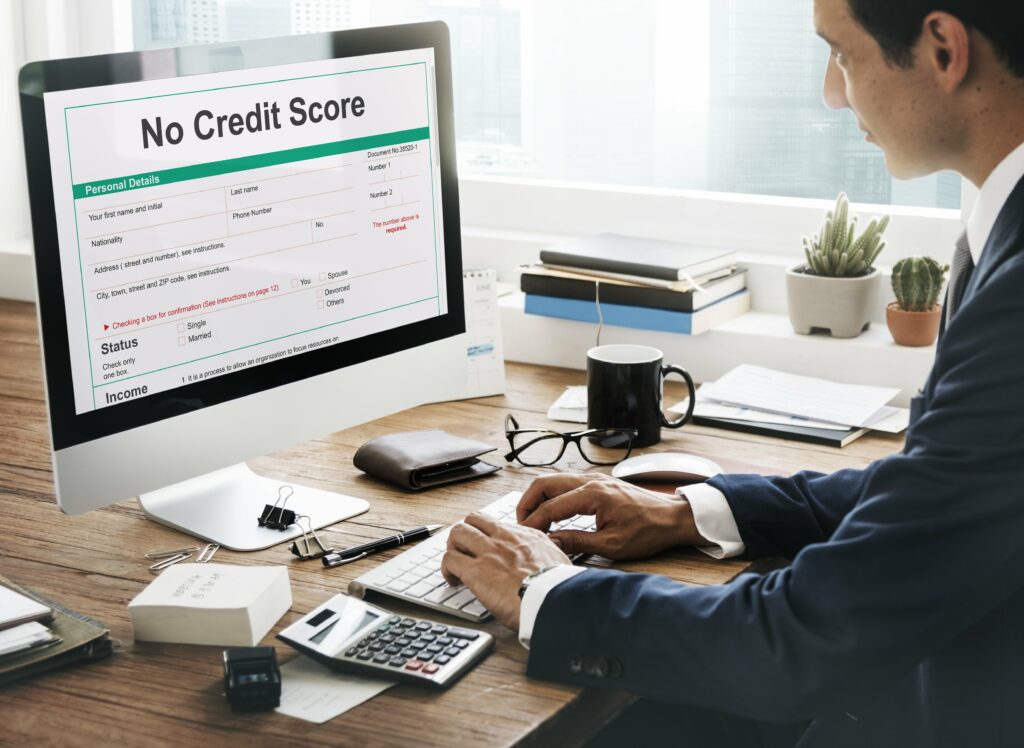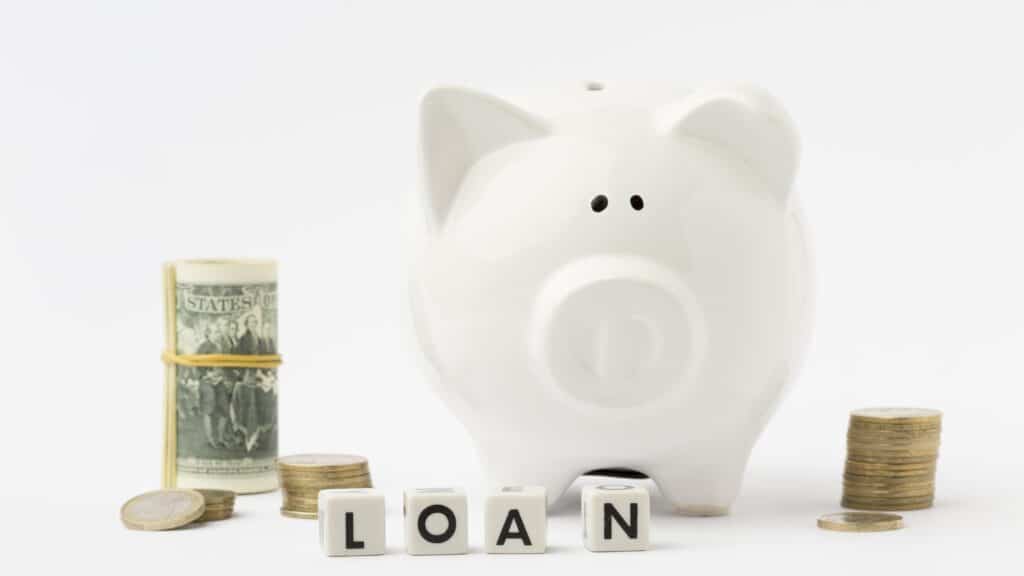Student Loans

Private Student Loans
10 Best Part-Time Student Loans
As a part-time student, there are options available to you to finance your studies. Here are the best private student loan lenders to help you fund your part-time tuition.

Private Student Loans
Best Florida Student Loans
As a student in Florida, you have many student loan options available. In addition to federal student loans, we look at the best Florida student loans available to you, along with their requirements, features, and repayment options.

Application
How to Get Emergency Student Loans Immediately?
Emergency student loans are short-term loans available to students who need it in a state of crisis. This blog explains how to get a student loan quickly for when you experience unforeseen financial need in college.

Private Student Loans
Can You Use Student Loans for Living Expenses?
After deducting tuition and room and board from the student loan, you may use the leftover amount on eligible living expenses as they are generally a part of your total certified cost of attendance. Some of the expenses included are housing, rent, books and supplies, transportation, and groceries.

Private Student Loans
4 Student Loans For Trade Schools and Career Training
We have reviewed the best options for trade schools and career training. Students can get both federal and private loans for this purpose; however, not all trade schools and career training programs are eligible for federal aid.

Private Student Loans
15 Best Private Student Loans of this Year
Private student loans are a great way to cover the cost of your college education but finding the right one may be challenging. This blog suggest the current best private student loans that you can consider.

Private Student Loans
10 Best Student Loans For Bad Credit or No Credit
Federal loans are best student loans for bad credit. However, they have a borrowing limit and may not cover the full cost of attendance. We have reviewed the best private student loans for students with bad credit that you can consider to cover the gap in funding.

Private Student Loans
Best No Credit Check Student Loans of this Year
Students with no credit have the option of applying for federal loans that do not require a credit check at all. Private loans generally do carry out a credit check but some do not require a minimum credit score for approval. We have provided a list of the best loans to consider with no credit requirement.

Private Student Loans
Best Student Loans Without A Cosigner
Federal student loans are the best student loans without a cosigner. However, those students who are not able to get sufficient federal aid and are unable to find a credit-worthy cosigner do have private loan options that do not require cosigners.